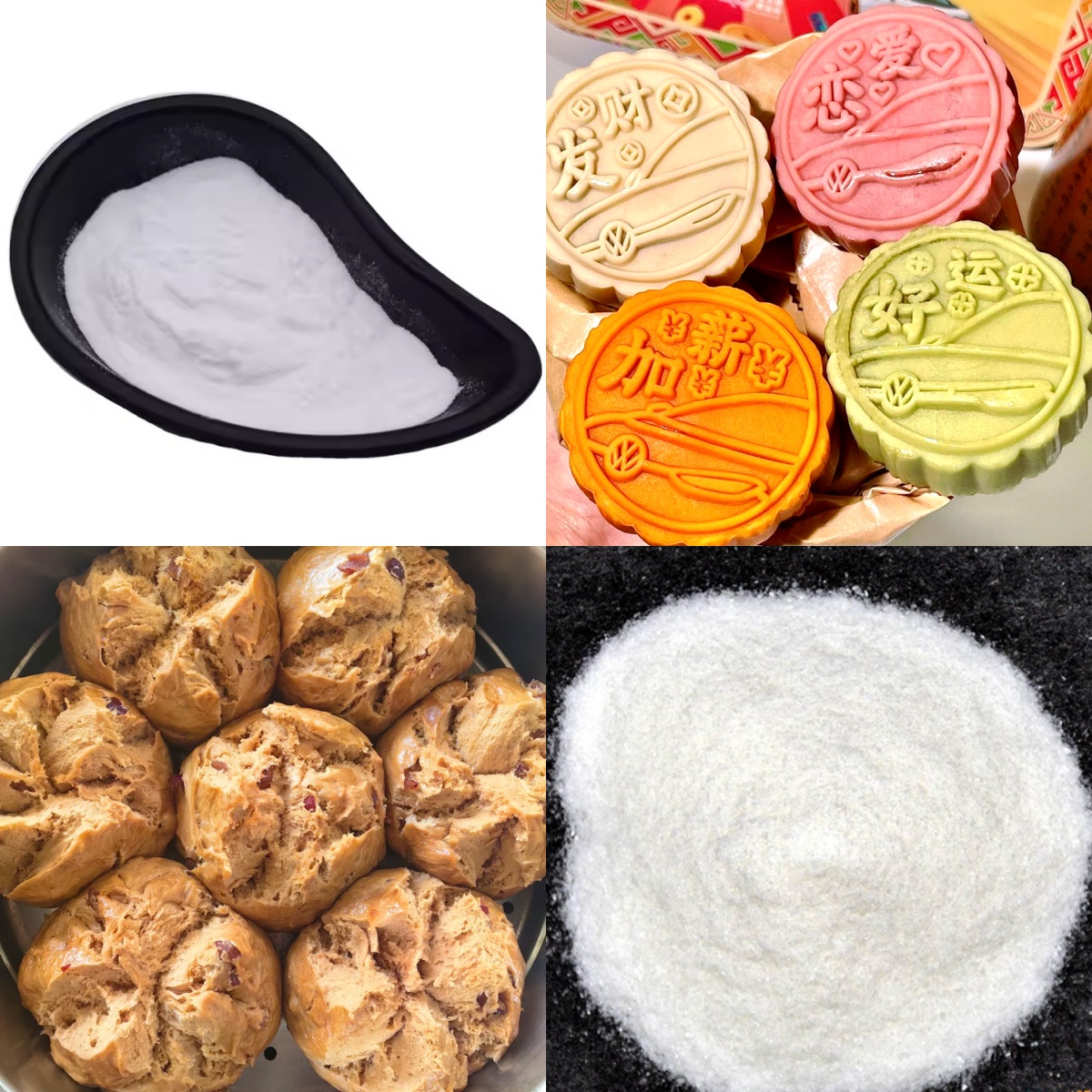Product Description
Resistant Dextrin is a white to light yellow powder, and it is a kind of water-soluble dietary fiber that is made of non-genetically modified natural corn starch as a raw material, after a certain degree of hydrolysis,polymerization, separation, and other steps. Its low-calorie content, good solubility, and slight sweetness and odor, remain stable under conditions of high temperature, variable pH, moist environment, and high cutting force. Can be used in food, beverages, powder capsules, and other processed products.
Product Application
Resistant starch has various applications in both the food industry and in nutrition science. Some of its key applications include:
1. Functional Food Ingredients:
Resistant starch can be used as a functional ingredient in food products to improve texture, moisture retention, and shelf-life. It can be incorporated into a wide range of products including baked goods, pasta, dairy products, and snacks.
2. Fiber Enrichment:
Resistant starch can be used to increase the fiber content of food products, which is beneficial for digestive health. By replacing traditional flours or starches with resistant starch, manufacturers can create high-fiber versions of various foods.
3. Weight Management:
Resistant starch has been studied for its potential role in weight management and satiety. Foods high in resistant starch may help individuals feel fuller for longer periods, potentially reducing overall calorie intake.
4. Prebiotic Supplements:
Resistant starch serves as a prebiotic, promoting the growth of beneficial bacteria in the gut. It can be used as an ingredient in prebiotic supplements or incorporated into functional foods aimed at promoting gut health.
5. Nutritional Supplements:
Resistant starch can be included in nutritional supplements and meal replacements to enhance their nutritional profile and promote digestive health. Overall, the diverse properties of resistant starch make it a valuable ingredient in food products and nutritional supplements aimed at promoting health and wellness.


